 In a major decision to give a boost to electric vehicles in country, the government has approved amendments in Electric Vehicle Charging Guidelines and Specifications. These Revised Guidelines and Specifications for charging infrastructure shall supersede the earlier guidelines and standards issued by the Ministry of Power on 14 Dec 2018.
In a major decision to give a boost to electric vehicles in country, the government has approved amendments in Electric Vehicle Charging Guidelines and Specifications. These Revised Guidelines and Specifications for charging infrastructure shall supersede the earlier guidelines and standards issued by the Ministry of Power on 14 Dec 2018.
Speaking about the decision, Power Minister RK Singh said that revised guidelines are more consumer friendly as they incorporate a number of suggestions received from various stakeholders. “We have tried to address the concerns of EV owners in new guidelines,” he said and expressed hope that revised guidelines will encourage faster adoption of EVs in India.
In order to address the range of issues of the electric vehicle owners, a phase-wise installation of an appropriate network of charging infrastructure throughout the country has been envisaged in the guidelines ensuring that at least one charging station should be available in a grid of 3 km x 3 km in the cities and one charging station at every 25 km on both sides of highways/roads.
It has been envisaged that in the first phase (i.e. 1-3 years) all Mega Cities with population of 4 million plus as per census 2011, all existing expressways connected to these mega cities & important highways connected with each of these mega cities may be taken up for coverage, while in the second phase (3-5 years) big cities like state capitals, UT headquarters may be covered for distributed and demonstrative effect.
Further, important highways connected with each of these mega cities may also be taken up for coverage. To address the concerns in inter-city travel and long range and/or heavy duty EVs it has been provided that Fast Charging Station for long range and/or heavy duty EVs like buses/trucks etc., shall be installed at every 100 km, shall be installed one on each side of the highways/road located preferably within/alongside the Public Charging Station (PCS) mentioned above.
The above density/distance requirements shall be used by the concerned state/UT Governments/their Agencies for the land use planning for public charging stations as well as for priority in installation of distribution network including transformers/feeders etc by the DISCOMs. This shall be done in all cases including where no central/state subsidy is provided.
Assuming that most of the charging of EVs would take place at homes or at offices where the decision of using Fast or Slow chargers would rest on the consumers, it has been clarified in the guidelines that private charging at residences/offices shall be permitted and DISCOMs may facilitate the same.
As far as the Public Charging Stations (PCS) are concerned, it has already been clarified by Ministry of Power that setting up of PCS shall be a de-licensed activity and any individual/entity is free to set up public charging stations, which has also been reiterated in the guidelines, subject to the conditions as specified in the Guidelines. Further, the guidelines specifies the type of chargers of different standards (viz. CCS, CHAdeMO, Type-2 AC, Bharat AC 001) thus ensuring that the PCS owners have the freedom to install the chargers as per the market requirement. To keep the PCS technology agnostic, it has been provided that any other fast/slow/moderate charger as per approved DST/BIS standards whenever notified can also be installed at the PCS. Thus, the Guidelines provide an extensive flexibility while ensuring a democratic choice to both EV owners and PCS providers to install the type and number of chargers.
Bureau of Energy Efficiency (BEE), a statutory body under Ministry of Power has been nominated as the Central Nodal Agency. Further a provision for State Nodal Agency for the respective states has been provided for in the Guidelines. The roles of the respective Nodal Agencies have been specified. These Nodal Agencies will act as the key facilitator in installation of Charging Infrastructure for Electric Vehicles throughout the country.
The tariff to be charged, from Public Charging Stations as well as from domestic consumers for domestic charging, by the DISCOMs and the Service Charges to be charged by these PCS from EV users have also been covered in the guidelines. It has been provided that the domestic charging shall be akin to domestic consumption of electricity and shall be charged as such.
However, in case of PCS, it has been provided that tariff for the supply of electricity to PCS shall be determined by the appropriate commission in accordance with the Tariff policy issued under section 3 of Electricity Act 2003, as amended from time to time. As far as the Service Chargers at PCS are concerned, while it has been clarified that charging of EV is a service, to ensure that the incentives (financial or otherwise) provided to PCS owners in installation of charging stations are transferred to the EV owners, it has been provided that the appropriate agency/commission shall fix the ceiling of Service Charges in such cases.


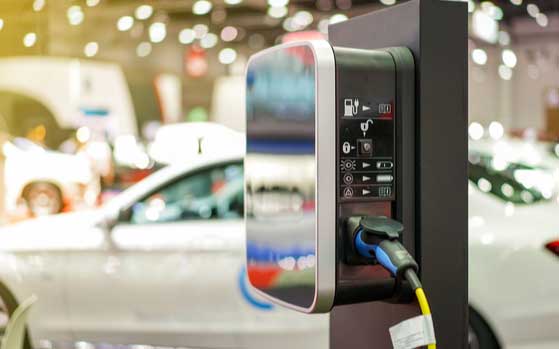
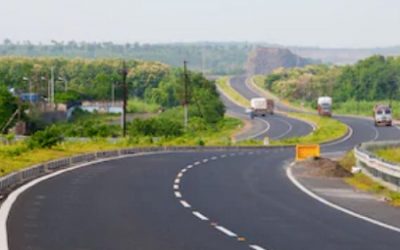

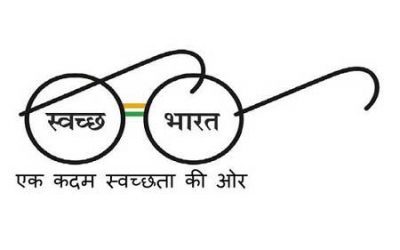

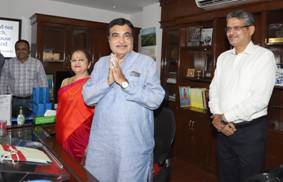


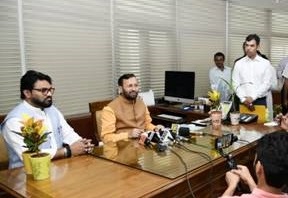



0 Comments